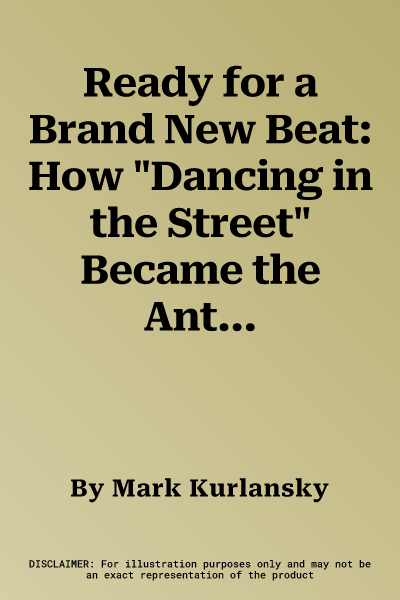Can a song change a nation? In 1964, Marvin Gaye, record producer
William Mickey Stevenson, and Motown songwriter Ivy Jo Hunter wrote
Dancing in the Street. The song was recorded at Motown s Hitsville USA
Studio by Martha and the Vandellas, with lead singer Martha Reeves
arranging her own vocals. Released on July 31, the song was supposed to
be an upbeat dance recording a precursor to disco, and a song about the
joyousness of dance. But events overtook it, and the song became one of
the icons of American pop culture.
The Beatles had landed in the U.S. in early 1964. By the summer, the
sixties were in full swing. The summer of 1964 was the Mississippi
Freedom Summer, the Berkeley Free Speech Movement, the beginning of the
Vietnam War, the passage of the Civil Rights Act, and the lead-up to a
dramatic election. As the country grew more radicalized in those few
months, Dancing in the Street gained currency as an activist anthem. The
song took on new meanings, multiple meanings, for many different groups
that were all changing as the country changed.
Told by the writer who is legendary for finding the big story in
unlikely places, "Ready for a Brand New Beat "chronicles that
extraordinary summer of 1964 and showcases the momentous role that a
simple song about dancing played in history."

